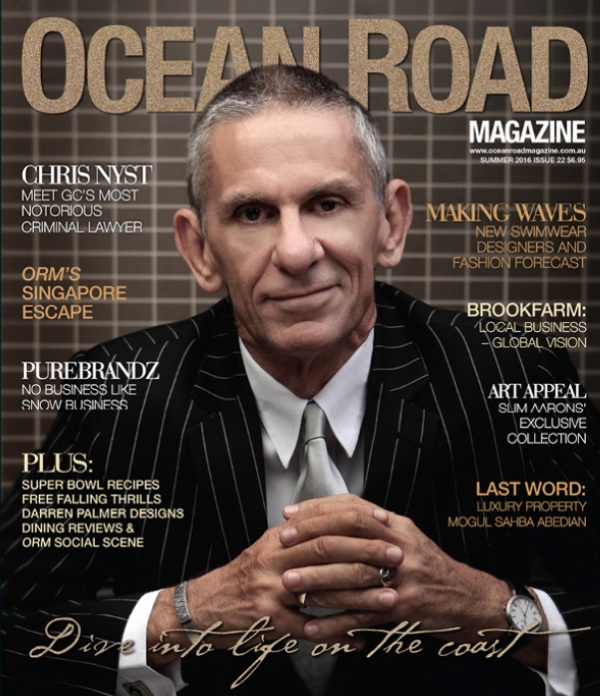Remember the old joke about lawyers and rats? In case you don’t, here’s how it goes:
“The National Institute of Health announced this week it would start using lawyers instead of rats to conduct its laboratory experiments. The American Bar Association has objected, but the NIH says there are three good reasons why lawyers are better than rats for laboratory work. Firstly, there’s a lot more of them. Secondly, laboratory staff don’t become so emotionally attached to them, and thirdly, there are some things even a rat won’t do for reward.”
When some wit came up with that corker back in the early 1980s, the yanks were all rolling around in the aisles laughing themselves silly. But a lot of us back in Australia didn’t quite get the joke. After all, lawyers were well-educated people of high standing in the community, who aspired to the highest professional and ethical standards. Or so we believed. Of course, that was a long time ago, back before universities discovered law degrees were relatively cheap to pump out, but still brought in first-class fees. In those days the number of lawyers practising in Australia was comparatively low, and the way they practised was tightly controlled. They were forbidden from openly advertising their services, collegiality was encouraged and seniority observed, touting was strictly taboo, and even law practice signage was restricted to the practitioner’s surname in small and appropriately decorous font.
But somewhere in the course of the aspirational 80s and beyond, things changed. When Skasey and Bondy and the other corporate high flyers started raking in obscene and unheard-of profits, and Hollywood officially pronounced “Greed is good,” a new breed of Australian lawyer emerged. Some managing partners and financial gurus triumphantly declared the stodgy old ways were gone, and began preaching an aggressive new mantra – “The Law is a business, not a profession.” That was a message taught and consumed by the generations that followed, and gradually, in an ever more crowded, competitive and demanding commercial environment, some lawyers started evolving, looking increasingly less like the quaint and comfortable relics of a bygone era, and more like a voracious, 21st-century laboratory rat.
Nowadays we have law firms with names like GoGetEm Lawyers, logos like ‘Lawyers that Bite,’ and tacky tag-lines like ”We’ll get you cash for your crash,” all of which get splashed over billboards and sides of buses. A bridge too far? Some would say yes, but perhaps there is still a good way to go.
The profession (can I still use that term?) was recently rocked by claims a respected national law firm has dabbled with the burgeoning practice of “claim farming,” where call centre telemarketers man the phones to recruit clients for personal injury claims, and then on-sell the clients to personal injury law firms. The move reportedly raised concern in some of the firm’s more senior solicitors that the practice may be unethical, but it’s said harder heads eventually won out.
Although banned in some states in personal injuries litigation, including Queensland and Western Australia, where spotters’ fees are forbidden, paying for clients is generally permitted under the Australian Solicitors Conduct Rules, provided the deal is disclosed and there’s no conflict of interest. But many lawyers are now wondering whether the prospect of hard-line salespeople pestering personal injuries victims and their families, in the hope of signing them up for litigation, may pose a serious long-term threat to the ethical standing of the legal profession at large. While others argue it provides a good service, connecting people with genuine claims to those who can best help them, the Queensland Law Society is now seeking to outlaw the practice.
Whatever the right answer is, the overarching question remains – have we lawyers lost our way? In our haste to embrace commercial reality in the 21st-century rat race, have we somehow ended up looking like more rat than racer?












